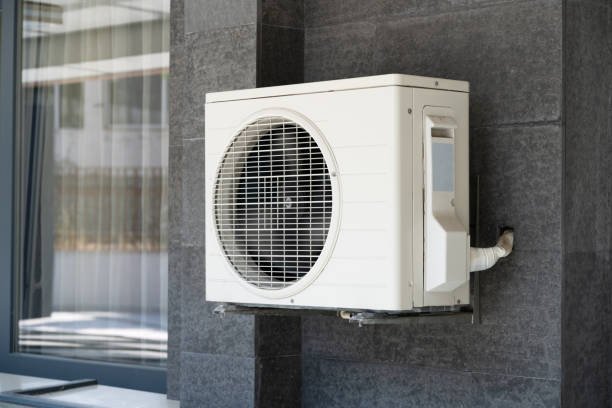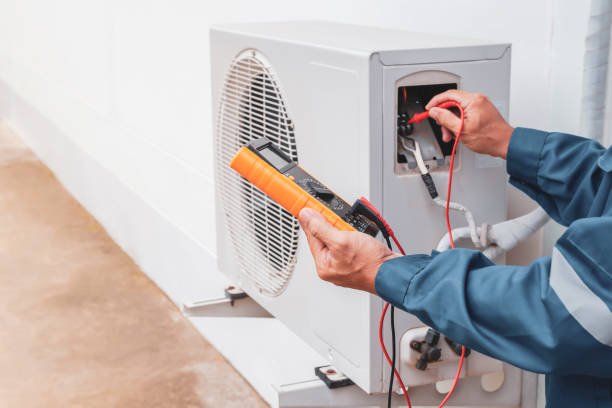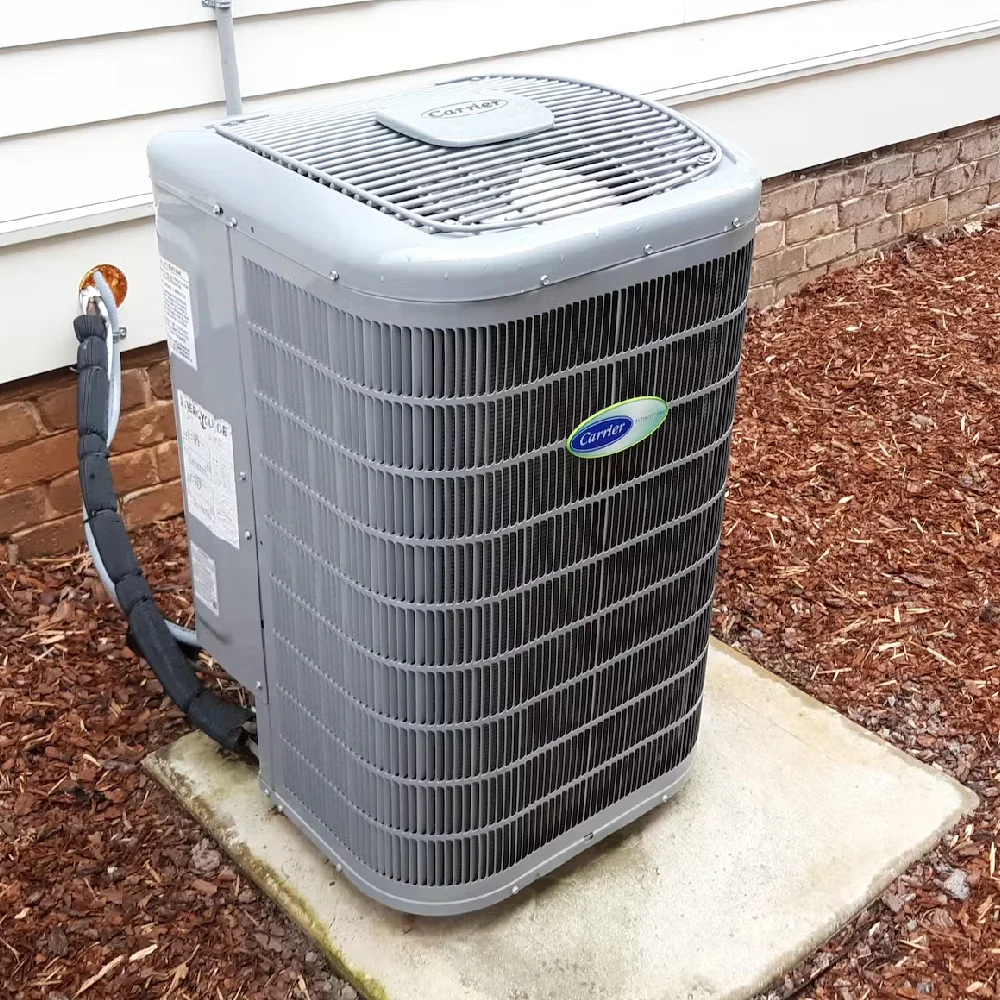
What’s the Average Cost for an HVAC Service Call? Understanding the Fees
Introduction
When your air conditioning unit starts acting up, you might wonder, "What’s the average cost for an HVAC service call? Understanding the Fees" is crucial for anyone who relies on climate control systems in their home. Whether it's the sweltering heat of summer or a surprisingly chilly winter day, having a reliable HVAC system is essential for comfort. However, when issues arise, knowing what to expect in terms of service costs can save you from unexpected financial strain.
In this comprehensive guide, we will delve deep into HVAC service call costs, exploring all factors that contribute to these fees. We'll also cover common services offered under HVAC repairs and installations, helping you feel well-informed should you ever need to search for "air conditioner service near me" or "HVAC repair."
What’s the Average Cost for an HVAC Service Call? Understanding the Fees
Understanding Basic HVAC Service Costs
The average cost for an HVAC service call typically ranges from $75 to $200. This fee is often referred Learn more to as a diagnostic fee and covers the technician's visit to assess your system's issues. Factors such as geographical location, time of year, and company reputation can influence these rates significantly.
Factors Influencing HVAC Service Call Costs
- Location: Urban areas may have higher labor rates compared to rural locations.
- Time of Year: Peak seasons like summer and winter can lead to increased pricing due to higher demand.
- Company Reputation: Well-established companies may charge more due to their experience and customer satisfaction ratings.
Common Services Associated with HVAC Calls
When you contact an HVAC professional, they might perform several services beyond just diagnosing your issue. Here are several common services included during a typical service call:
- Inspecting components for wear
- Checking refrigerant levels
- Evaluating electrical connections
- A crucial part of regular maintenance
- Can improve system efficiency
- Ensures accurate temperature readings
- Might involve replacing faulty thermostats
- Essential for optimal operation
- Removes dirt that could hinder performance
- Identifying leaks or blockages
- Ensuring efficient airflow throughout the home
What Happens During an HVAC Service Call?
During an air conditioning repair visit, you can expect technicians to take several steps:
- Initial assessment: The technician will ask questions about symptoms you've noticed.
- System evaluation: They'll inspect your unit thoroughly.
- Providing a quote: After diagnosing the issue, they'll provide you with a detailed estimate before proceeding with repairs.
This transparent process helps ensure that you're not caught off guard by sudden charges.
Emergency HVAC Repairs vs. Regular Service Calls
Emergency repairs tend to be more expensive than regular service calls. If your air conditioning system breaks down during a heatwave or your furnace fails on a frigid night, expect emergency fees ranging from $150 to $500 depending on urgency and time of day.
Example Table: Comparison Between Regular and Emergency Service Costs
| Type of Service | Average Cost | Description | |-------------------------|--------------|-------------------------------------------------| | Regular Service Call | $75 - $200 | Standard diagnostic visit | | Emergency Service Call | $150 - $500 | Immediate response outside regular hours |
Why is Preventive Maintenance Important?
Preventive maintenance can mitigate costly repairs down the line. By scheduling routine check-ups—typically costing between $100 and $300 annually—you can keep your system running efficiently and prolong its lifespan.
Key Benefits of Preventive Maintenance:
- Enhanced energy efficiency
- Improved indoor air quality
- Extended equipment lifespan
Finding Reliable HVAC Services Near You
Searching for "HVAC services" online can yield numerous results; however, not all companies offer equal quality of service. Here are some tips on finding trustworthy professionals:


DIY Versus Professional Services: What You Need To Know
While many homeowners may consider tackling minor AC issues themselves—like changing filters—the complexity of most HVAC systems means hiring professionals is often best.

Situations When DIY May Be Appropriate:
- Changing standard filters regularly
- Cleaning accessible parts (like outdoor units)
However, deeper issues involving refrigerant levels or electrical components require expertise only trained technicians possess.
FAQ Section
1. How much should I pay for an AC repair?
Most AC repairs typically range between $150 to $600 depending on severity and parts needed.
2. Is it worth getting my AC serviced regularly?
Absolutely! Regular servicing improves efficiency and extends equipment lifespan while preventing costly failures.
3. How do I know if my AC needs repair?
Signs include unusual noises, inconsistent temperatures, or increased energy bills—indicating inefficiency.
4. What types of warranties are available?
Many manufacturers offer warranties ranging from 5 years up to lifetime warranties depending on product type.
5. Should I replace my old unit or repair it?
Consider replacement if repair costs exceed half the price of a new unit or if it's over ten years old and frequently breaking down.
6. How long does it take for an HVAC technician to diagnose a problem?
Typically, it takes about one hour; however, complex issues may require additional time for thorough inspections.
Conclusion
Understanding "What’s the Average Cost for an HVAC Service Call? Understanding the Fees" equips homeowners with valuable knowledge when faced with heating or cooling problems in their homes. By being informed about potential costs associated with various services—including maintenance checks and emergency repairs—you empower yourself in making decisions that suit both your comfort needs and budget constraints effectively.
Regularly maintaining your air conditioning unit ensures it performs optimally while also reducing unexpected expenses down the road when searching for “air conditioner service near me” becomes necessary again!
Whether you're looking into preventive measures today or preparing for potential future repairs, remember these insights as they serve as guiding principles toward achieving optimal home comfort without breaking the bank!